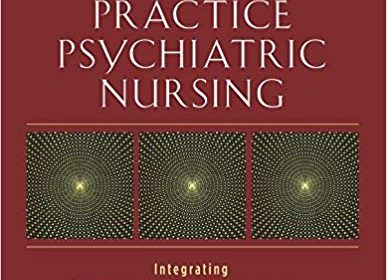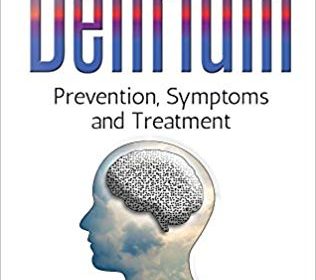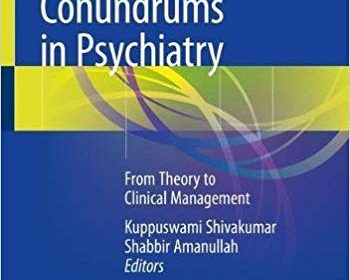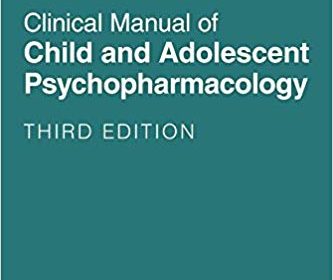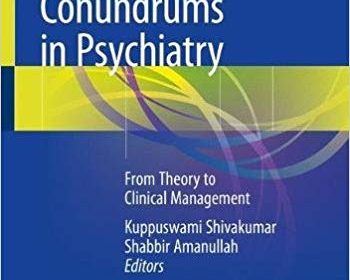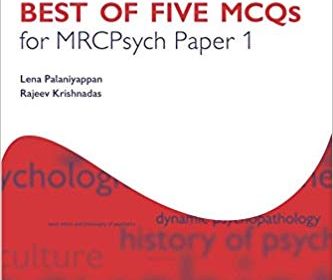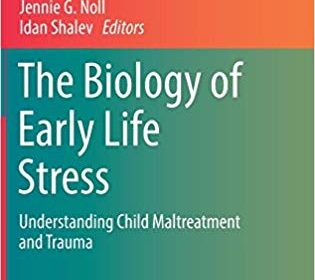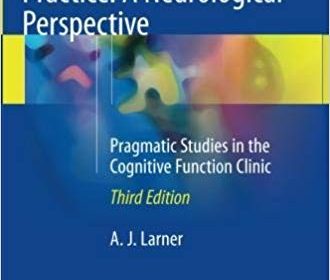Research Training in Psychiatry Residency: Strategies for Reform 1st Edition
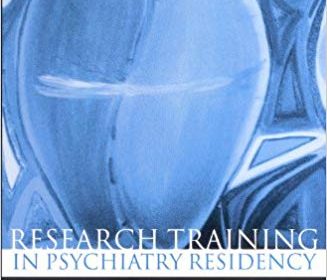
[amazon_link asins=’0309090717′ template=’ProductAd’ store=’aishabano-20′ marketplace=’US’ link_id=’877a80d9-bd91-11e8-b58b-85522e90c02a’]
Research Training in Psychiatry Residency: Strategies for Reform 1st Edition
DOWNLOAD THIS BOOK FREE HERE
https://upsto.re/DEic7ZD
The number of psychiatric researchers does not seem to be keeping pace with the needs and opportunities that exist in brain and behavioral medicine. An Institute of Medicine committee conducted a broad review of the state of patient-oriented research training in the context of the psychiatry residency and considered the obstacles to such training and strategies for overcoming those obstacles. Careful consideration was given to the demands of clinical training. The committee concluded that barriers to research training span three categories: regulatory, institutional, and personal factors. Recommendations to address these issues are presented in the committee’s report, including calling for research literacy requirements and research training curricula tailored to psychiatry residency programs of various sizes. The roles of senior investigators and departmental leadership are emphasized in the report, as is the importance of longitudinal training (e.g., from medical school through residency and fellowship). As there appears to be great interest among numerous stakeholders and a need for better tracking data, an overarching recommendation calls for the establishment of a national body to coordinate and evaluate the progress of research training in psychiatry.

